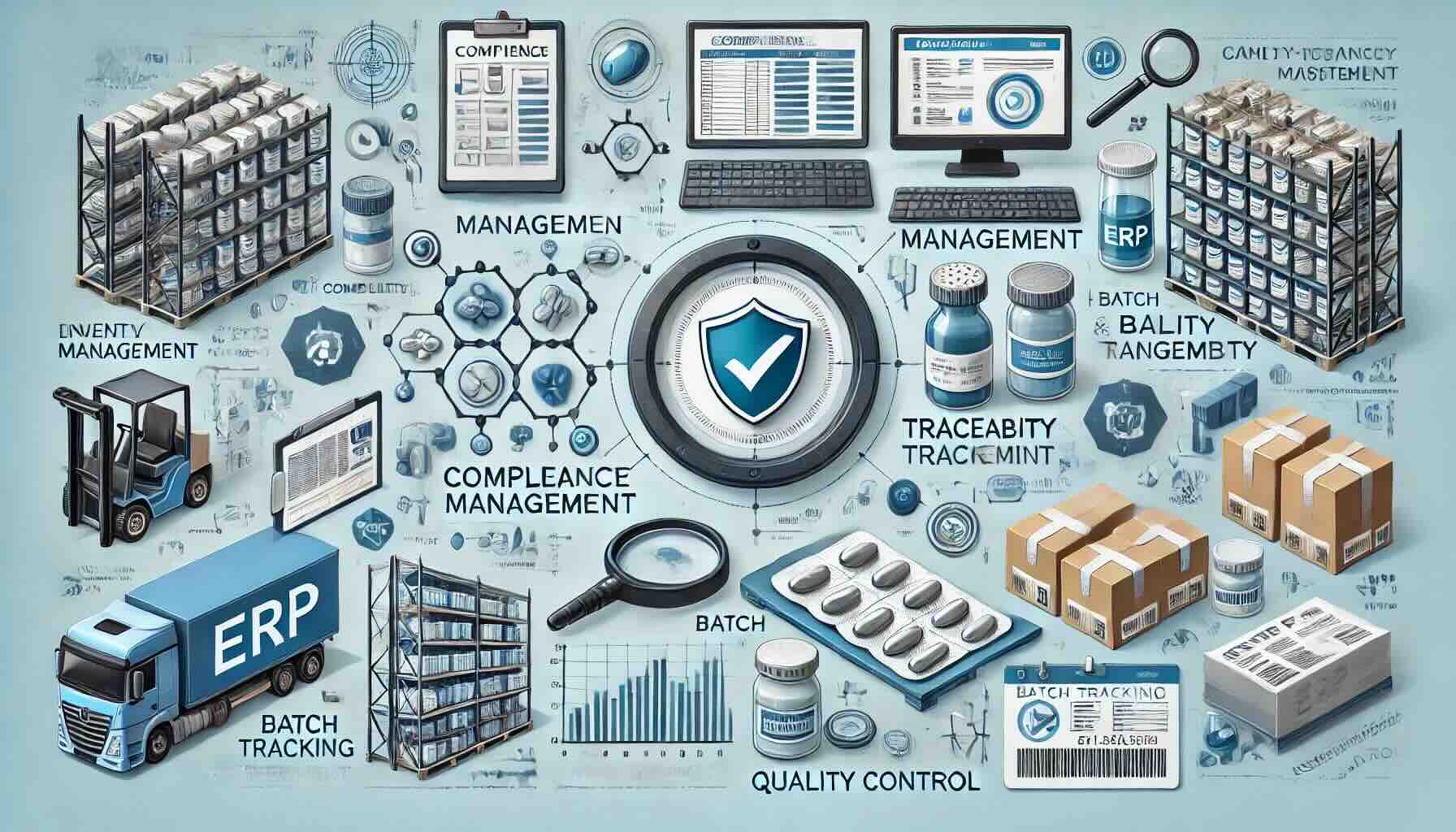Is Microsoft Dynamics a Good ERP for the Healthcare Industry?

In today’s rapidly evolving healthcare landscape, integrating robust technological solutions is essential for improving patient care, streamlining operations, and ensuring regulatory compliance. One of the leading solutions in this regard is Microsoft Dynamics. But is Microsoft Dynamics a good ERP for the healthcare industry? This blog explores the various facets of this question, providing insights into how Microsoft Dynamics can benefit healthcare organizations.
Understanding Microsoft Dynamics
Microsoft Dynamics is an Enterprise Resource Planning (ERP) software that provides comprehensive business solutions, integrating various functions such as finance, supply chain management, human resources, and customer relationship management. Its flexibility and scalability make it suitable for various industries, including healthcare.
Key Benefits of Microsoft Dynamics for Healthcare
Improved Patient Care
One of the primary advantages of using Microsoft Dynamics in healthcare is the enhancement of patient care. By integrating patient data across various departments, healthcare providers can access real-time information, ensuring accurate diagnoses and personalized treatment plans. This integration helps in reducing errors and improving patient outcomes.
Streamlined Operations
Healthcare organizations often face challenges in managing their operations efficiently. Microsoft Dynamics helps streamline these processes by automating administrative tasks, managing inventory, and optimizing supply chain logistics. This efficiency allows healthcare professionals to focus more on patient care rather than administrative burdens.
Regulatory Compliance
Compliance with healthcare regulations is critical for any medical institution. Microsoft Dynamics offers robust compliance management tools that help organizations adhere to industry standards such as HIPAA. The software ensures that patient data is securely stored and managed, reducing the risk of data breaches and non-compliance penalties.
Financial Management
Effective financial management is crucial for the sustainability of healthcare organizations. Microsoft Dynamics provides comprehensive financial management tools that help in budgeting, forecasting, and managing expenses. These tools offer insights into financial performance, enabling better decision-making and resource allocation.
Enhanced Data Analytics
Data-driven decision-making is vital in healthcare. Microsoft Dynamics offers advanced analytics and reporting features that provide valuable insights into patient care, operational efficiency, and financial performance. By leveraging these insights, healthcare organizations can make informed decisions to improve overall performance.
Integration with Other Microsoft Solutions
One of the significant advantages of Microsoft Dynamics is its seamless integration with other Microsoft products such as Office 365, Azure, and Power BI. This integration enhances collaboration, data sharing, and overall efficiency within the organization.
Challenges to Consider
Implementation Costs
Implementing an ERP system like Microsoft Dynamics can be costly. Healthcare organizations need to consider the initial investment and ongoing maintenance costs. However, the long-term benefits often outweigh the initial expenses.
Training and Adaptation
Transitioning to a new ERP system requires training for staff and adaptation to new processes. Ensuring that healthcare professionals are adequately trained is crucial for the successful implementation of Microsoft Dynamics.
Customization Needs
Healthcare organizations have unique needs that may require customization of the ERP system. While Microsoft Dynamics is highly customizable, it is essential to ensure that the system is tailored to meet specific requirements without overcomplicating the processes.
Case Studies and Success Stories
Many healthcare organizations have successfully implemented Microsoft Dynamics to improve their operations. For example, a large hospital network in the United States integrated Microsoft Dynamics to streamline its supply chain management, resulting in significant cost savings and improved efficiency. Similarly, a European healthcare provider used Microsoft Dynamics to enhance patient care through better data management and real-time access to patient records.
Conclusion
Is Microsoft Dynamics a good ERP for the healthcare industry? The answer is a resounding yes. With its comprehensive features, scalability, and integration capabilities, Microsoft Dynamics can significantly benefit healthcare organizations. By improving patient care, streamlining operations, ensuring regulatory compliance, and providing robust financial management tools, Microsoft Dynamics proves to be a valuable asset for the healthcare sector.
For healthcare organizations looking to leverage technology to enhance their services, Microsoft Dynamics offers a reliable and effective solution. As the healthcare industry continues to evolve, adopting advanced ERP systems like Microsoft Dynamics will be crucial in staying ahead and delivering high-quality patient care.
To compare Microsoft Dynamics with 100s of other ERP solutions, you can use our new AI-powered Compare ERP tool. It’s free to use and you get a guaranteed discount on your first year’s licence fees with a referral from Compare ERP.








